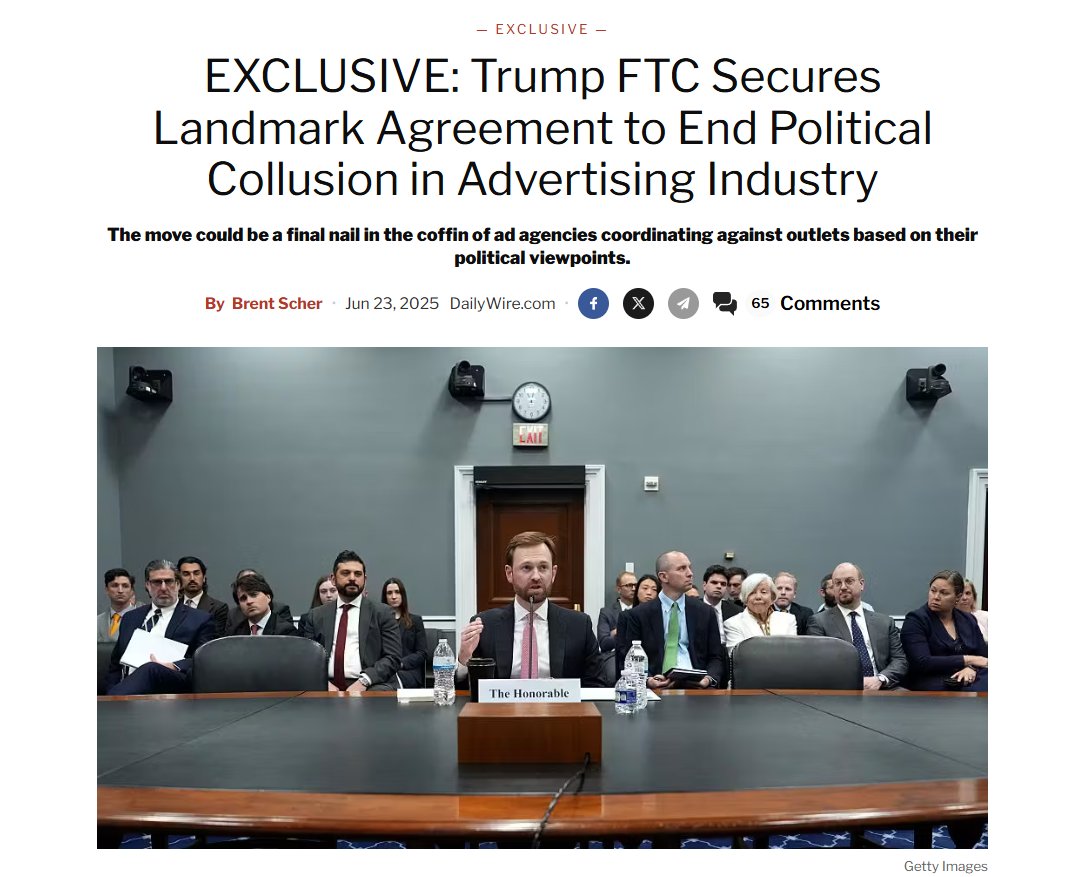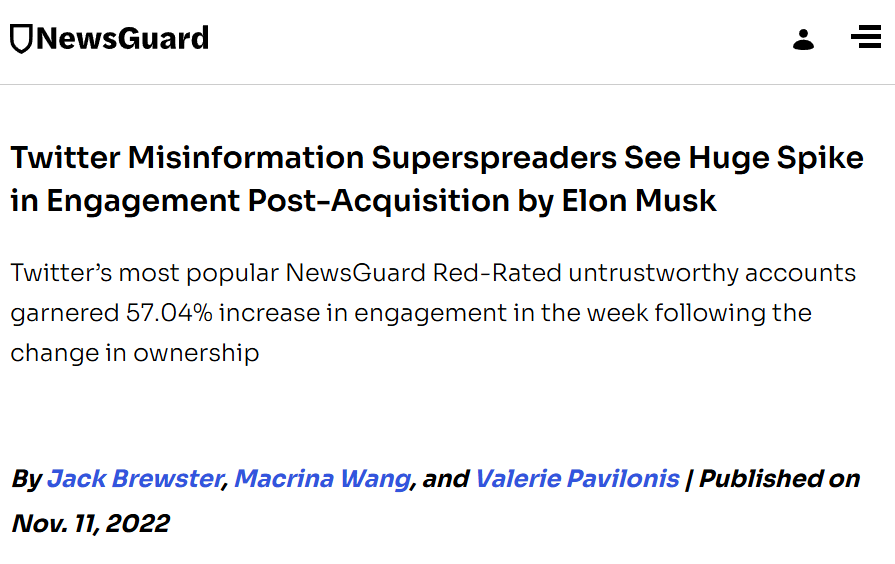Thread by @AllumBokhari on Thread Reader App
News outlets feared a boycott for publishing the wrong viewpoint.
Social media companies feared a boycott for platforming the wrong person.
The FTC just called time on this censorship tactic 🧵 
Mergers of this size can't take place without the approval of competition regulators like the FTC. 
They were members of the Global Alliance for Responsible Media, which combined 97% of global ad spend to force uniform censorship policies on tech platforms.
It shut down after House GOP investigations and an @elonmusk lawsuit. 
NewsGuard built a huge blacklist of disfavored news sources.
Its founders deliberately marketed the product to advertisers to financially throttle their targets.
https://x.com/AllumBokhari/status/1858947896357646571Massive news sources like Tucker Carlson, Breitbart News, and of course the X platform itself ended up in NewsGuard's crosshairs.
According to the "brand safety" consensus that IPG and Omnicom subscribed to, cutting brands off from hundreds of millions of potential customers is completely fine, as long as ads aren't appearing next to "misinformation" and "hate speech."
The FTC is also establishing a direct line to publishers who are the targets of these boycotts. 
It would be very hard to get those contracts back if they were given to other firms.
https://x.com/AllumBokhari/status/1819099527455928480